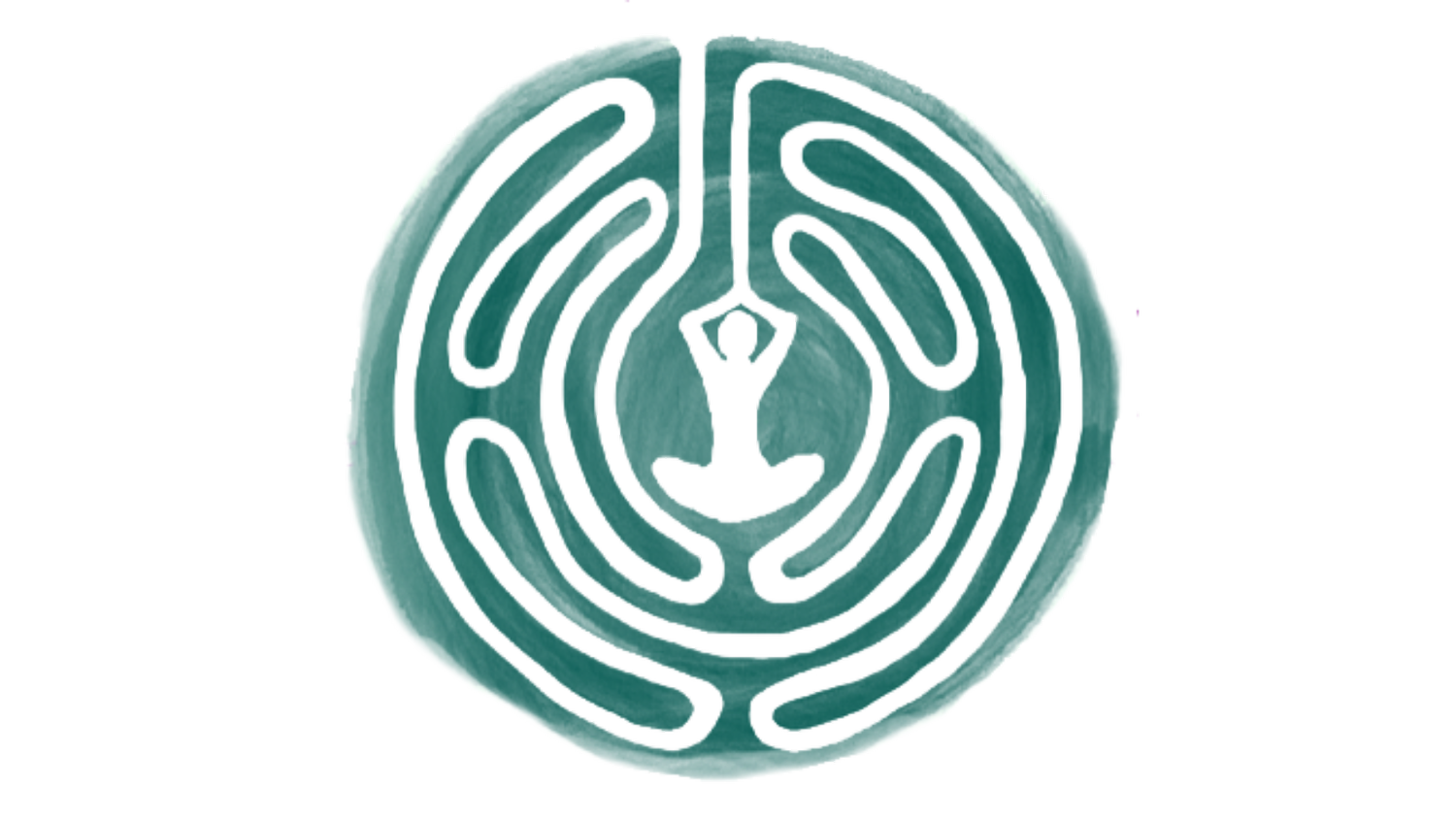Letting It Go Deep
There is a kingdom within us, a hidden world that God created for communion. The Gospel calls us to awaken to this kingdom — this place within the soul that was never made for shallowness. We often forget that we can go deep there. This kingdom is about intimacy — knowing who we are as individuals created by the divine as well as who we are in reflection of God’s Word within us.
The Psalmists had this rhythm of self-reflection and self examination. A Psalm could begin in the depths of depression, go downward through questioning and doubt, experience profound emotion and then come to a resolution of a stronger awareness of who God is. Psalm 42:6-8 does this in just a few verses.
“My soul is downcast within me; therefore I will remember you
from the land of the Jordan, the heights of Hermon—from Mount Mizar.
Deep calls to deep in the roar of your waterfalls;
all your waves and breakers have swept over me.
By day the Lord directs his love, at night his song is with me—
a prayer to the God of my life.”
The Psalmists questioned life undauntedly. They did so even though the Torah was an ever-present guide in their lives. Every time they confronted uncertainty, they made room to go deeper in their faith in God.
A long time ago the yogis figured some things out. On a psychological and spiritual level they developed a three-fold set of actions called the kriyas, which were meant to purify conduct. Tapas is testing through heat and cleanliness. Ishvarapranidhana is quality of action as if doing everything for God. The other is svadhyayahas, which has two aspects: self-inquiry and self-study of sacred texts.
The self-inquiry part of svadhyaya involves asking who am I, what am I and where am I in this present moment. We do this in our practice when we create a non-judgmental space of observation within. With the tender accompaniment of the Holy Spirit who is our breath, we move through the complexities or our interior lives — intentions, desires, perceptions and feelings — and return them back to intense love.
The second part of svadhyaya, self-study of sacred texts, involves not just reading the words on the page, but experiencing them. When we read this way we can feel the pull of the Word as it draws us in. This becomes an interior dialog, drawing us into yearning for more of Him and how his love completes us.
Two things happen when these two aspects of svadhyaya work in tandem with one another. The first is that we begin to cultivate spiritual maturity. Maturity is the ability to respond appropriately to one’s environment and this type of spiritual maturity is to be a deeper representation of Christ in a world that really needs the depth of his love.
Secondly, svadhyaya helps us to work through fear. We confront the dark places — places of doubt, depression and despair. The Spirit is there with us as the comforter and the counselor that beckons us to se the light. In the darkest places is where the light can shine the brightest.
Like the Psalmists, we have to go deep to find the flow. Wells can only become springing fountains if you dig deep.
_____________________
This post originally appeared on www.jesuyogini.com, and is reprinted here by permission.
Jessica Aguilar-Christy is a yoga instructor trained by Jonny Kest at Metro Detroit’s Center for Yoga. She has taken instruction under nationally known teachers David Williams, Max Strom, Les Leventhal, Saul David Raye, Seane Corn, Dr. Bill Prysop and Christian Heart Yoga founder Dr. Winston McCullough. She has a B.A. in Communications from the University of Michigan. Jessica teaches yoga through the lens of Christianity with Soul Stretch Christian Yoga and at her church. She also teaches retreats on the transformative journey of the spiritual discipline of yoga on one's Christian faith. Visit her website for more at jesuyogini.com.
About Guest Posts: ChristiansPracticingYoga.com represents a connected group of individuals who practice yoga as Christians and hope to provide virtual space for conversation between Christians practicing yoga. We love the discussion, and our views do not always agree with each other. If you reference this page, please cite the author by name.
